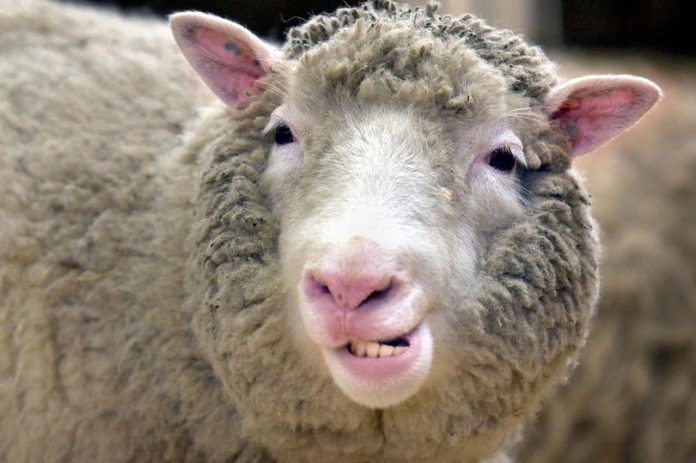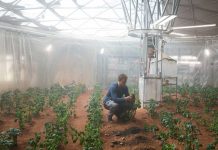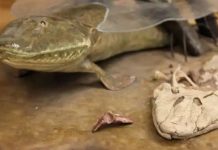The world’s first successfully cloned mammal from adult somatic cells, Dolly the sheep, died in 2003 and had been suffering from osteoarthritis before she died.
Experts from the University of Nottingham and University of Glasgow have published a radiographic assessment of the skeletons of Dolly, her naturally-conceived daughter Bonnie, and Megan and Morag – the first two animals to be cloned from separate cells.
It shows the remains – which are stored in the collections of National Museums Scotland in Edinburgh – bear radiographic OA similar to that observed in naturally-conceived sheep and Nottingham’s healthy aged clones.
It follows the team’s “Nottingham Dollies” research published last year, which showed that four other cloned sheep have aged normally.
Kevin Sinclair, professor of developmental biology in the School of Biosciences, said: “Our findings of last year appeared to be at odds with original concerns surrounding the nature and extent of osteoarthritis in Dolly – who was perceived to have aged prematurely.
“Yet no formal, comprehensive assessment of osteoarthritis in Dolly was ever undertaken. We therefore felt it necessary to set the record straight.”
The four “Nottingham Dollies” – Debbie, Denise, Dianna and Daisy – were derived from the cell line that gave rise to Dolly, who was born on July 5, 1996 as the first animal cloned from adult cells and died on February 14, 2003.
They originated from studies undertaken by late University of Nottingham professor of animal development Keith Campbell, a member of the team that cloned Dolly in a previous role in Scotland.
The studies, taken between 2005 and 2007, sought to improve the efficiency of somatic-cell nuclear transfer (SCNT), and the Dollies were the scientist’s legacy to the university before his death in 2012.
Prof Sinclair – together with Sandra Corr, professor of small animal orthopaedic surgery who has since moved to the University of Glasgow, and David Gardner, professor of physiology at Nottingham’s School of Veterinary Medicine and Science – carried out the 2016 study into Nottingham’s eight-year-old Dollies.
They concluded that they had aged normally with no clinical signs of OA. They had radiographic evidence of only mild or, in one case, moderate OA.
Their results, published in July last year in the academic journal Nature Communications, were in apparent stark contrast to Dolly the Sheep’s diagnosis of early-onset OA in 2003 – which led to scientific concern and media debate over the possibility of early-onset, age-related diseases in cloned animals.















